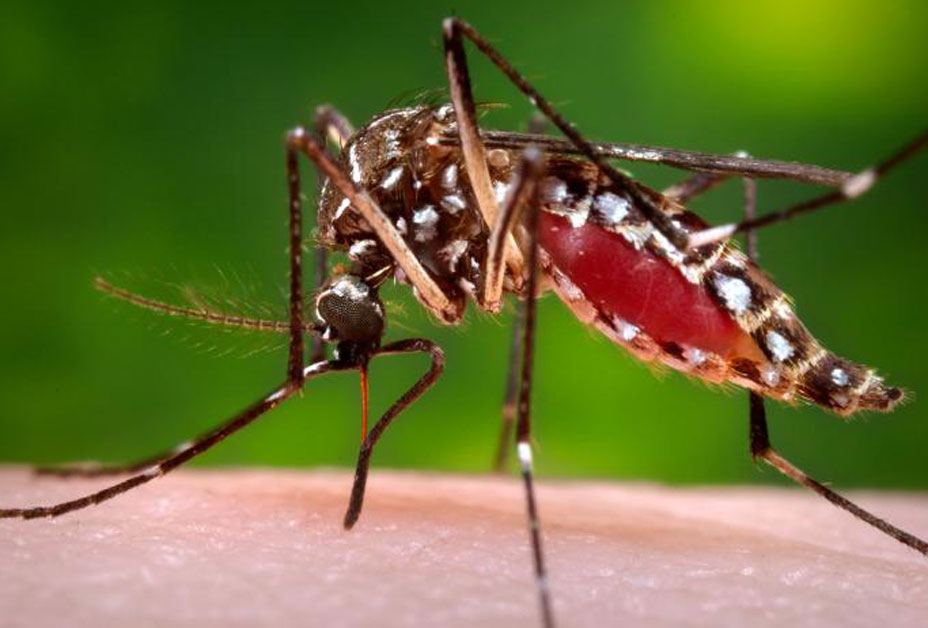There are four dengue serotypes, possible to be infected four types says Dr SK Sarin
On Monday, the national capital reported three dengue deaths totaling up to nine deaths, the most this season since 2017 when ten people died. Given the severity of dengue outbreak this year has seen a huge spike in multi-organ failures said a senior doctor at the city’s Institute of Liver and Biliary Sciences (ILBS). From November 1-6 1,171 dengue cases have been lodged in Delhi, while 1,196 cases were reported in October and 217 cases in September.
"This year, certainly we have found that the infection is more severe. And those people who have got dengue in the past have also been infected. So, it clearly means that there are four serotypes and one serotype can protect you from not having it again. But it does not protect you from having another serotype," said Dr SK Sarin, Vice Chancellor, ILBS, and Chairman of the Delhi government panel on COVID-19. By four serotypes he meant its possible to be infected four types. Adding more details to it he said, “There have been abdomen patients coming with vomiting, nasal bleed, and liver failure. So almost like two to three cases in a week are coming with severe liver failure. They have kidney failure, brain failure, so multi organ dysfunction and they are very sick. And the time is so short. From the time they have, they're not having that much platelet reduction but organ failure, which is rather a bit unusual”
Dr Sarin further added that “These patients have got very high liver enzymes, for normal liver enzymes upper limit is 40, in dengue we used to see 300-500, this year the liver enzymes have gone up to 7,000-10,000 as if someone's whole liver is collapsed. There is no urine made by the kidney. Brain failure, heart failure. And there are bleeding tendencies all over. These are some of the multi-organ dysfunctions that people with severe dengue have come and they require blood pressure management, ICU treatment that creates a huge load.”
Since there is no specific treatment for dengue, early detection of the disease and access to proper medical care who are the only way to lower the fatality rates of severe dengue below 1 per cent, says WHO. Commenting on the matter Dr Sarin said, “So my suggestion is if somebody has fever, then please do not give Aspirin (or Ibuprofen) like things because they cause bleeding. So, you can enhance bleeding by giving such drugs to those infected with dengue. Give Paracetamol to these patients, refer them to the hospital, hydrate them very well give them water so that they can reach the hospital in time.”
The World Health Organisation (WHO) has divided dengue in two categories based on one showing symptoms or no symptoms. If one shows symptoms then it is severe and in severe cases it causes reduction in blood pressure and shock. And given the seriousness of the illness it may even cause death. The rise in dengue in Delhi may also be the result of rise in cases in neighbouring Uttar Pradesh and other areas of the national capital region.





The Brief. Sign up to receive the top stories you need to know right now.